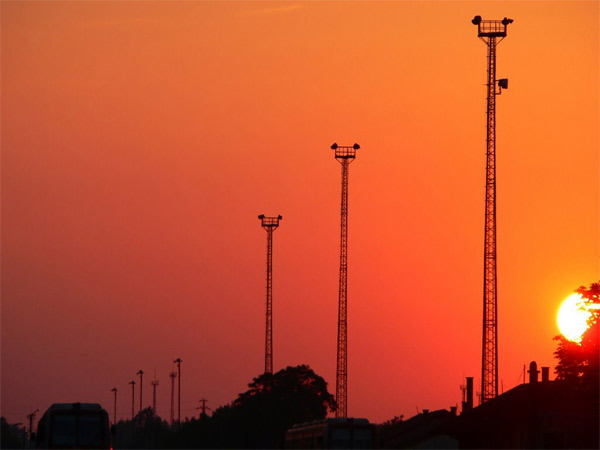Google wants to be a wireless internet provider

After laying fiber optic channels in Kansas City , Google has officially become an Internet provider. Google Fiber project is planned to expand to other cities of the United States, and then other countries. But the plans of the Internet giant include not only land lines, but also 3G / 4G cellular networks.
Sources WSJ reported that Google is in talks with satellite provider Dish Networks on the launch of a joint service of wireless data transfer. In this case, sources say, Google will become a direct competitor to cellular operators, such as AT & T and Verizon Wireless.
Dish Networks provides a satellite TV service and plans to open a data network for a long time. Soon, Dish Networks should receive a long-awaited license for radio frequencies from the authorities - and then it will take action.
')
Google is just one of the potential partners you are negotiating with, and not the most preferred partner. Dish Networks executives said they would like to join forces with a company that already has mobile stations and other infrastructure. But Google has other trumps: these are the main communication channels across the continent and $ 45 billion in cash in the bank (at the end of September). This money is more than enough to deploy 3G and 4G infrastructure.
Google’s entry into the cellular market will be a logical step, as Android is the world's most popular mobile operating system ( 72.4% in the world ), and Google-owned websites are the main generator of global Internet traffic . Youtube traffic has long exceeded the traffic of P2P networks and continues to grow rapidly.
“From the point of view of Google, people need to watch 10 hours of Youtube per day on their devices, and this is only hampered by the limitations of mobile operators,” said Walter Piecyk, analyst for the wireless market from BTIG.
Recall that Google participated in the federal auction of radio frequencies in 2008, made a bid of $ 4.6 billion for a license package in the range of 698-806 MHz, but lost to Verizon and AT & T.
Source: https://habr.com/ru/post/159187/
All Articles